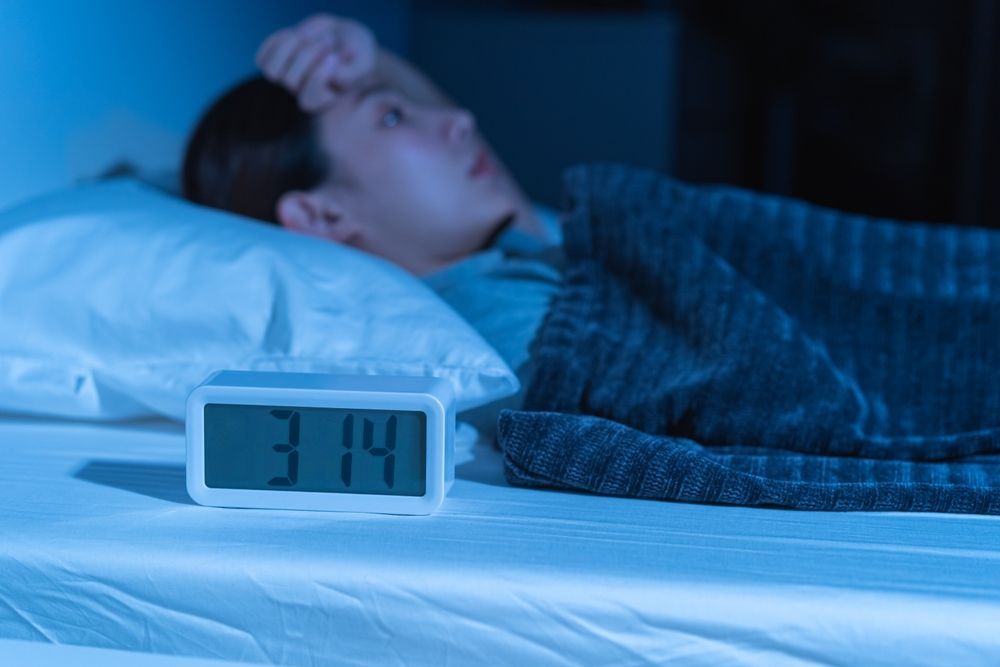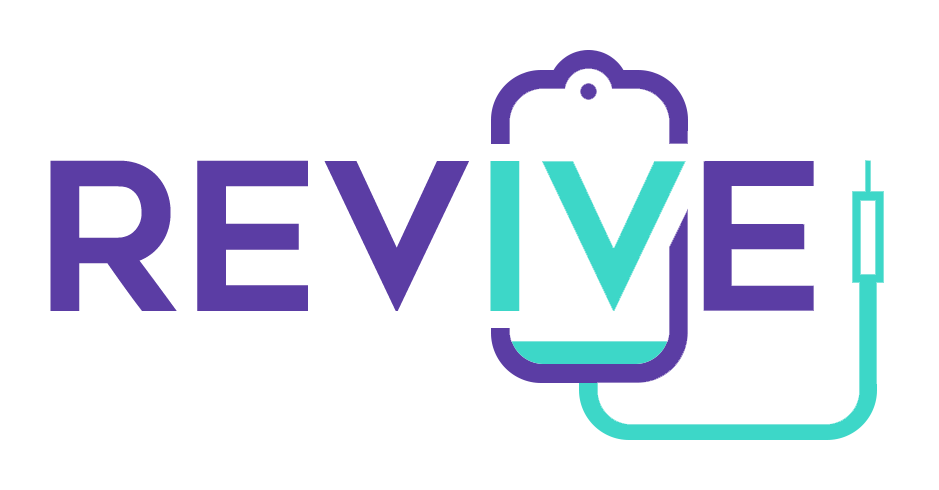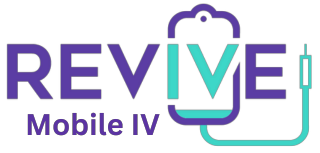Questions? click here to call
How IV Therapy Improves Sleep and Reduces Stress
How IV Therapy Improves Sleep and Reduces Stress

In today's fast-paced world, many individuals struggle with sleep disturbances and heightened stress levels. IV therapy has emerged as a proactive approach to address these challenges. By delivering essential nutrients directly into the bloodstream, this treatment not only promotes relaxation but also significantly enhances sleep quality. This article will explore how IV therapy impacts sleep and stress, the underlying science, and how to incorporate it into your life.
Understanding the Basics of IV Therapy
What is IV Therapy?
IV therapy, or intravenous therapy, involves the administration of fluids, vitamins, and minerals directly into a person's bloodstream through a vein. This method allows for rapid absorption of nutrients, which can help in various health concerns, from hydration to nutrient deficiencies. By bypassing the digestive system, IV therapy ensures that the body can utilize the nutrients effectively and quickly.
IV therapy is increasingly popular in wellness clinics and hospitals alike, as it provides a tailored approach to health care. Patients can receive customized blends of nutrients based on their specific needs, whether they are recovering from an illness, preparing for a big event, or simply looking to boost their overall wellness. This personalized aspect of IV therapy makes it an appealing option for many individuals seeking to enhance their health and vitality.
The Science Behind IV Therapy
The mechanics of IV therapy rely on its ability to deliver high concentrations of vitamins and minerals directly to cells. This approach can significantly enhance cellular function and metabolism. According to several studies, the direct availability of nutrients plays a crucial role in maintaining physiological balance, which is essential for optimal sleep and stress management.
Moreover, the controlled infusion of fluids can help with hydration, further supporting bodily functions that indirectly influence mood and sleep patterns. For instance, dehydration can lead to fatigue and irritability, while proper hydration can improve cognitive function and emotional stability. Additionally, IV therapy can be particularly beneficial for athletes, as it aids in recovery by replenishing electrolytes and reducing muscle soreness after intense workouts.
Furthermore, the use of IV therapy has expanded into various fields, including cosmetic treatments. Many individuals are turning to vitamin infusions to promote healthier skin, hair, and nails. These treatments often include a mix of antioxidants and hydration solutions that aim to rejuvenate the skin from within, providing a glow that topical products alone may not achieve. As research continues to evolve, the potential applications of IV therapy appear to be limitless, making it a fascinating area of study in modern medicine.
The Connection Between IV Therapy and Sleep
How IV Therapy Enhances Sleep Quality
Numerous studies indicate a strong correlation between nutritional deficiencies and sleep issues. IV therapy can provide the body with vital nutrients such as magnesium, vitamin C, and amino acids, which are known to promote better sleep. Magnesium, for instance, has calming properties that may help relax the nervous system, effectively improving sleep quality.
Furthermore, IV therapy can help in regulating the production of melatonin, the hormone that regulates sleep cycles. By ensuring that the body has an adequate supply of essential nutrients, IV therapy not only helps in falling asleep faster but also in enhancing overall sleep quality.
The Role of Nutrients in Sleep Regulation
Nutrients play a fundamental role in the complex processes that govern sleep. Key vitamins and minerals delivered through IV therapy include:
- Magnesium: Supports relaxation and reduces muscle tension.
- Zinc: Plays a role in the metabolism of melatonin.
- B vitamins: Support energy metabolism and help regulate mood.
- Amino acids: Serve as building blocks for neurotransmitters affecting sleep and alertness.
By addressing these nutrient needs, IV therapy may provide a valuable tool for individuals looking to improve their sleep health.
IV Therapy as a Stress Reduction Method
The Impact of IV Therapy on Stress Levels
Stress is a significant contributor to many health problems, including insomnia. IV therapy can mitigate stress by supplying the body with nutrients that promote relaxation and reduce anxiety. For example, nutrients such as vitamin C and B vitamins can play a role in regulating stress hormones like cortisol.
Additionally, some formulations may also include compounds that enhance mood, making IV therapy a holistic approach to not only tackle stress but also to improve overall well-being.
Nutrients for Stress Management in IV Therapy
Specific nutrients are particularly effective in combating stress:
- Vitamin C: Known for its antioxidative properties, it helps reduce cortisol levels.
- B complex vitamins: Essential for energy production and cognitive function, aiding in stress resilience.
- Calcium: Helps in muscle relaxation and can influence sleep cycles positively.
Integrating these nutrients into IV therapy regimens can create a potent means of managing stress effectively.
The Safety and Effectiveness of IV Therapy
Potential Side Effects of IV Therapy
While IV therapy is generally safe, some individuals may experience side effects such as discomfort at the injection site, infection risk, or allergic reactions to certain vitamins. It is essential to consult a healthcare provider to discuss potential risks and ensure that the therapy is tailored to individual needs.
The Efficacy of IV Therapy for Sleep and Stress
Research supports the efficacy of IV therapy in addressing sleep and stress issues. Various studies have shown positive outcomes, with many patients reporting improved sleep patterns and reduced stress levels after regular sessions. Nonetheless, ongoing evaluation and a personalized approach are critical to achieving optimal results.
How to Incorporate IV Therapy into Your Routine
Finding a Reputable IV Therapy Provider
Before starting IV therapy, it’s crucial to find a reputable provider. Look for clinics that employ certified professionals and use sterile techniques. Recommendations from friends or healthcare professionals can also guide you in selecting a trustworthy provider. Ensure they offer personalized regimens tailored to your health needs.
Preparing for Your First IV Therapy Session
Preparation for your first session involves several steps:
- Consult with your healthcare provider about your health conditions and goals.
- Stay hydrated before the appointment.
- Be open about any medications or supplements you are currently taking.
Being prepared not only enhances the therapy experience but also maximizes the benefits you receive from the treatment.
In conclusion, IV therapy offers a promising solution to enhance sleep quality and mitigate stress. By understanding its mechanisms and benefits, individuals can take proactive steps towards a more restful and balanced life.











